TAKING THE REINS
We chat to Glenny Stone, 68, from Suffolk, who is a regular participant in horse riding sessions at Riding for the Disabled (Woodbridge & District Group). She explains how the sessions benefit her and why the charity is so special
Glenny Stone was taking a romantic stroll with her now- husband on the beach many years ago when they spotted an older couple in their 70s arm-in-arm. “We were still dating back then and I remember him saying, ‘Do you think we’ll still be doing that when we we’re 70?’ It was romantic at the time, but my thoughts went back to it later when it turned out that, even before I was 70, I would have to link on to his arm just to help hold me up.”
Glenny was diagnosed with muscular dystrophy – an inherited condition of progressive muscle weakness and muscle wasting – three years ago, after she started having regular falls. “I would walk down the road, trip and fall flat on my face, and when I turned to see what I had tripped over, there was nothing. It was very alarming. I was completely unable to correct my balance when I tripped and started to worry I had some sort of condition affecting my brain.”
She headed to the doctor and was sent for a variety of tests. “I had scans, biopsies and probes on my muscles, but they still weren’t sure what it was.”
Eventually, in 2018, around four years from when her falls began, Glenny was sent to see a consultant who asked if she could walk on her toes. “I said yes I could, if I had something to hold on to. He then said, ‘OK, now walk on your heels.’ I realised I couldn’t lift the front part of my foot up at all. He said, ‘That’s muscular dystrophy.’
“He explained that it’s a degenerative condition, which would carry on getting worse. Luckily, with adult onset it is not something I will die of – though I have heart and lung function tests every year, as it could potentially affect those eventually, though it’s not very likely – but it means some of my muscles will start to die, starting with those in my lower leg. “I was relieved it wasn’t something like a brain tumour, but I quickly realised my life had completely changed. I could no longer carry my baby granddaughter around as I might trip and drop her.
I had to give up renovating properties, which was something I absolutely loved. I could be up a ladder painting a ceiling and had learnt to tile and lay flooring, but it was just no longer possible.
I had not long been made redundant and had been looking to spending more time on this, but now that had been taken away, too. I became quite depressed and started to think, ‘What am I going to do? What use am I now?’”
Glenny bought a rollator walking aid on the advice of her consultant but struggled to adjust to using it. “My father – who lived to 99 – had used one for quite a long time, so it was something I associated with older people, and it was a big thing to get my head around. I would hold on to my husband’s arm for support instead, until the day I stumbled while holding on to him and brought him down with me.
“One day, I was home alone and needed to go the shops, so I went out with the walker for the first time. When I came back my lovely neighbour said, ‘Oh my dear, what have you done to yourself?’ and I had to explain. I went inside and howled my eyes out, then thought, ‘No, I’ve got to be a big girl. I’ve got to just get on with it.’ But I did feel I had lost some confidence and a sense of self-reliance.”
Although there is no treatment, Glenny was told she should work the muscle as much as possible to retain and develop it, which she was really keen to do. “Looking back, I think it’s possible my mother also had this condition, but it was never diagnosed. She had problems with her legs and, when she started to fall, she refused to move and wouldn’t get out of her chair, as she was too frightened. She ended up with a very poor quality of life.
I knew I had to do things differently and keep my legs going as long as possible.” Her consultant suggested she take up horse riding. “I used to do it as a child and so thought it was a fantastic idea. I contacted Riding for the Disabled (Woodbridge & District Group) and they invited me along to see what they did.
“THE RIDING LESSONS ARE MUCH MORE THAN A HOBBY – FOR MANY OF US IT’S OUR HAPPY TIME AND THE HIGHLIGHT OF THE WEEK”
I turned up and immediately saw people with all sorts of conditions – many much more severe and life-changing than mine – managing to do it. I realised I needed to get on and live with my condition and it gave me the confidence to think I could do this, too. I started a couple of weeks later with regular riding lessons, and the welcome I got from other riders and volunteers was absolutely amazing. It felt like joining a new family.”
Three years later, Glenny still attends weekly riding lessons. “Although I feel my legs have got weaker over the past two years, I try not to think about that but focus on the positives and what I can do instead, and my riding lessons are really important for that.
“At first I thought, ‘How am I going to get on this horse?’ But they give you so much help and support. There will be someone next to me helping while another person holds the horse at the front, and someone on the other side is waiting to catch my leg and settle it into the stirrup. The horses are also trained to stand very, very still, and when you’re ready you can tell it to move on and it will, which I didn’t think I would have the confidence to do until I started.
“The volunteers and coaches never push you, but they encourage you all the time to just go a bit further and help you realise you can do it. They understand the needs of disabled people and have helped to build my confidence and my independence and given me a sense of achievement.”
Glenny has also felt a physical improvement. “Horse riding improves your core strength, whole muscle structure and balance and coordination. One of the exercises we do is to have somebody leading us and we will be asked to take our legs out the stirrups and close our eyes. You don’t know which way the horse is going to go and are just relying on your body to balance you – it’s the most amazing thing.
“Riding for the Disabled has given me such joy and a sense of wellbeing it is hard to describe. I love having that emotional connection with horses again and with my fellow riders, who have become firm friends. I have also joined the fundraising team – and recently became the fundraising coordinator – as I want to help support their valuable work. That’s given me such a sense of purpose again. It’s something I can do that makes a difference.
“The riding lessons offered by the RDA are much more than a hobby – for many of us it’s our happy time and the highlight of the week. They have completely changed my life and I have seen them transform the lives of many others, too.”
RIDING FOR THE DISABLED
RDA WOODBRIDGE MECHANICAL HORSE WALKER PROJECT
CANDIS BIG GIVE 2021 – TOTAL RAISED: £8,535
Riding for the Disabled (Woodbridge & District Group) teaches riding and carriage driving to people with disabilities six days a week from its centre in Woodbridge, Suffolk.
The charity raised money in the Candis Big Give to buy a mechanical horse walker, which is a motorised device that leads horses in a circular motion, allowing up to five horses to exercise at one time.
The horse walker will be used by the charity to exercise five horses at a time twice a day to keep its Riding for the Disabled horses and ponies active in the wet, winter months when they are stabled and when the fields – which have a clay-based soil so don’t drain very welL – aren’t suitable for walks.
For people to ride or lead all the ponies and horses to keep them fit and happy would require a huge amount of volunteer manpower, which the charity doesn’t currently have.
The horses – which tend to be older and so more patient and calmer – need regular gentle exercise to stretch their legs and keep them fit and mobile. A horse that is not exercised enough may become bad-tempered or frisky, characteristics that are not suitable for the charity’s clients, so the regular exercise provided by the horse walker will help keep the horses in a good mood, making rides safer.
Visit rdawoodbridge.org.uk for details.
WHAT RIDING FOR THE DISABLED MEANS TO ME
(WOODBRIDGE & DISTRICT GROUP)
Charlotte Ditchburn, a volunteer coach for RDA (Woodbridge & District Group), explains why she loves her role with the charity
“I have a background in horses and absolutely love them, so when I was completing my Duke of Edinburgh Award several years ago in the Lake District, I decided to volunteer for my local RDA. I fell in love with it and wanted to carry on after moving to Suffolk, so I found my local group in Woodbridge. I was amazed at their purpose- built facility, with its stable block, indoor arena and things a normal riding centre doesn’t have access to, as well as its fantastic team. I was keen to get involved with coaching, so I worked towards this and got my certificate in 2019. I now coach once or twice a week, which involves leading volunteers and getting them ready for sessions, getting the horses ready and teaching the sessions. For me, the best thing is seeing the difference in the children I work with, who are constantly improving their mobility and communication skills without even realising. I teach a little girl with Down syndrome who, when she first arrived, was very timid and didn’t want to leave her father’s side. However, since she’s started riding with us in a group of other children, she’s become very confident. At our open day, she actually got up to bow in front of the whole audience, which we would never have imagined before!Working with children who might be so anxious they can’t communicate at first, but who end the session having a full-blown conversation about all sorts of things, from what they had for breakfast to quite deep and meaningful topics, is so rewarding.
I feel happy and proud to be part of such a wonderful organisation and I never want to leave.”
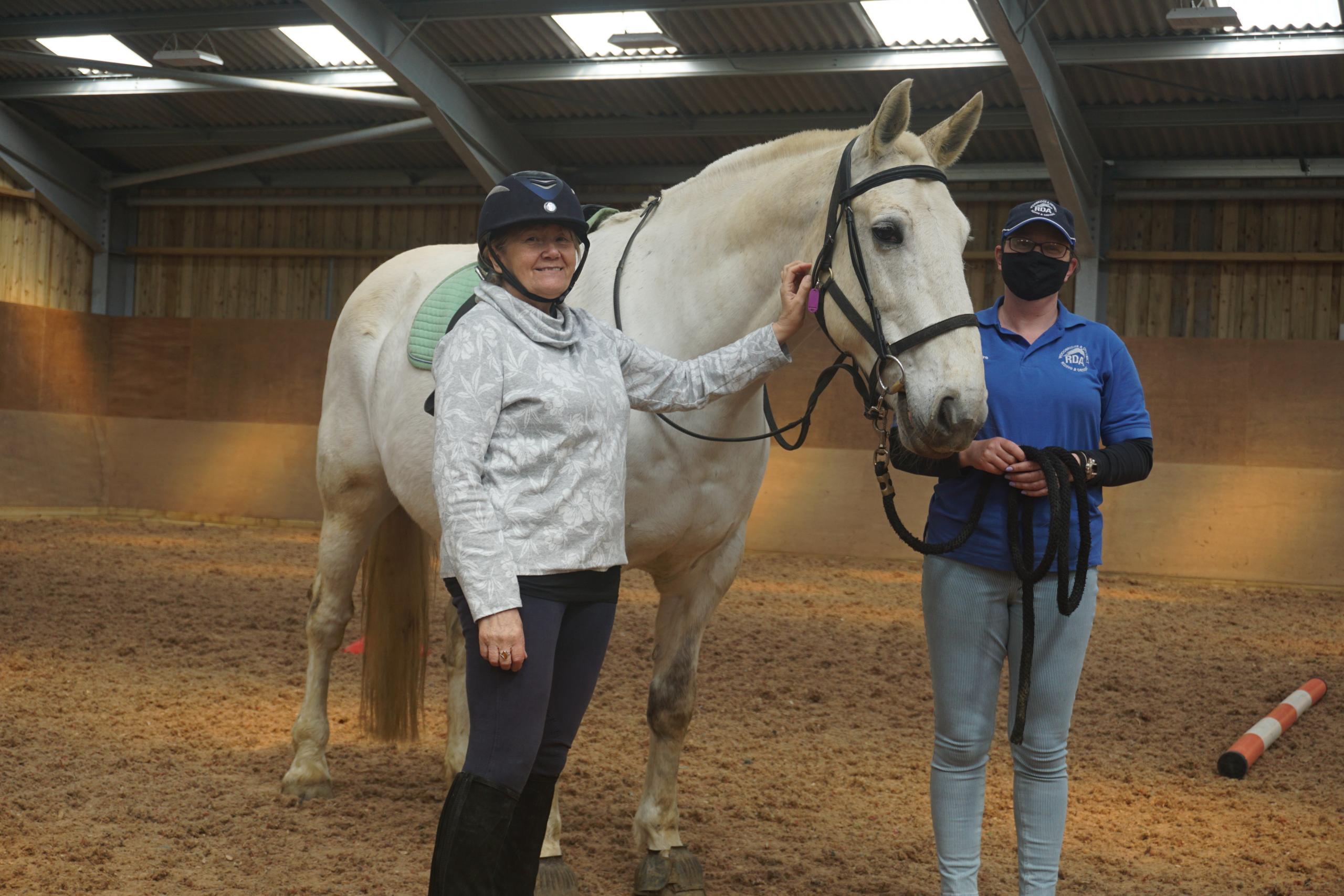
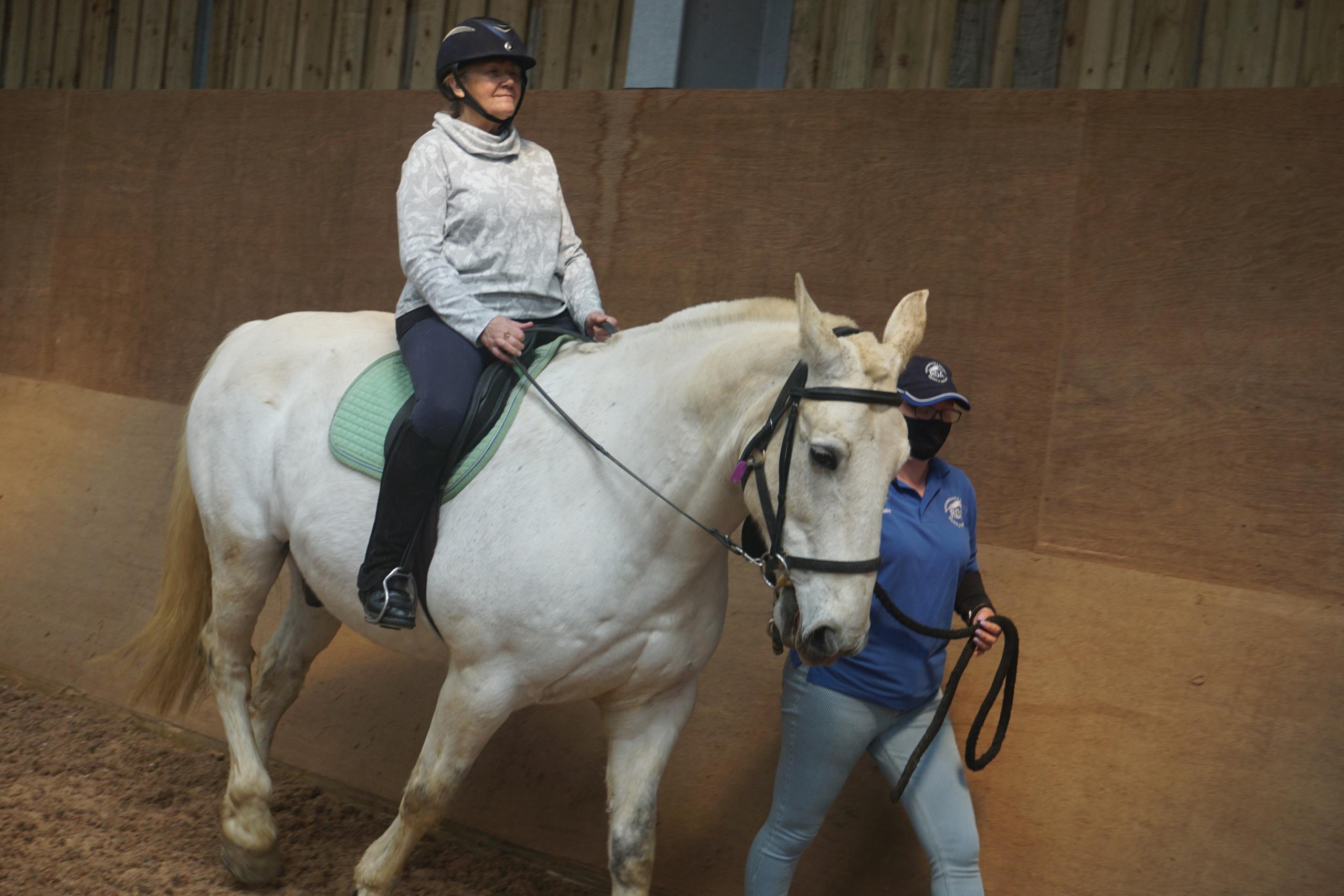
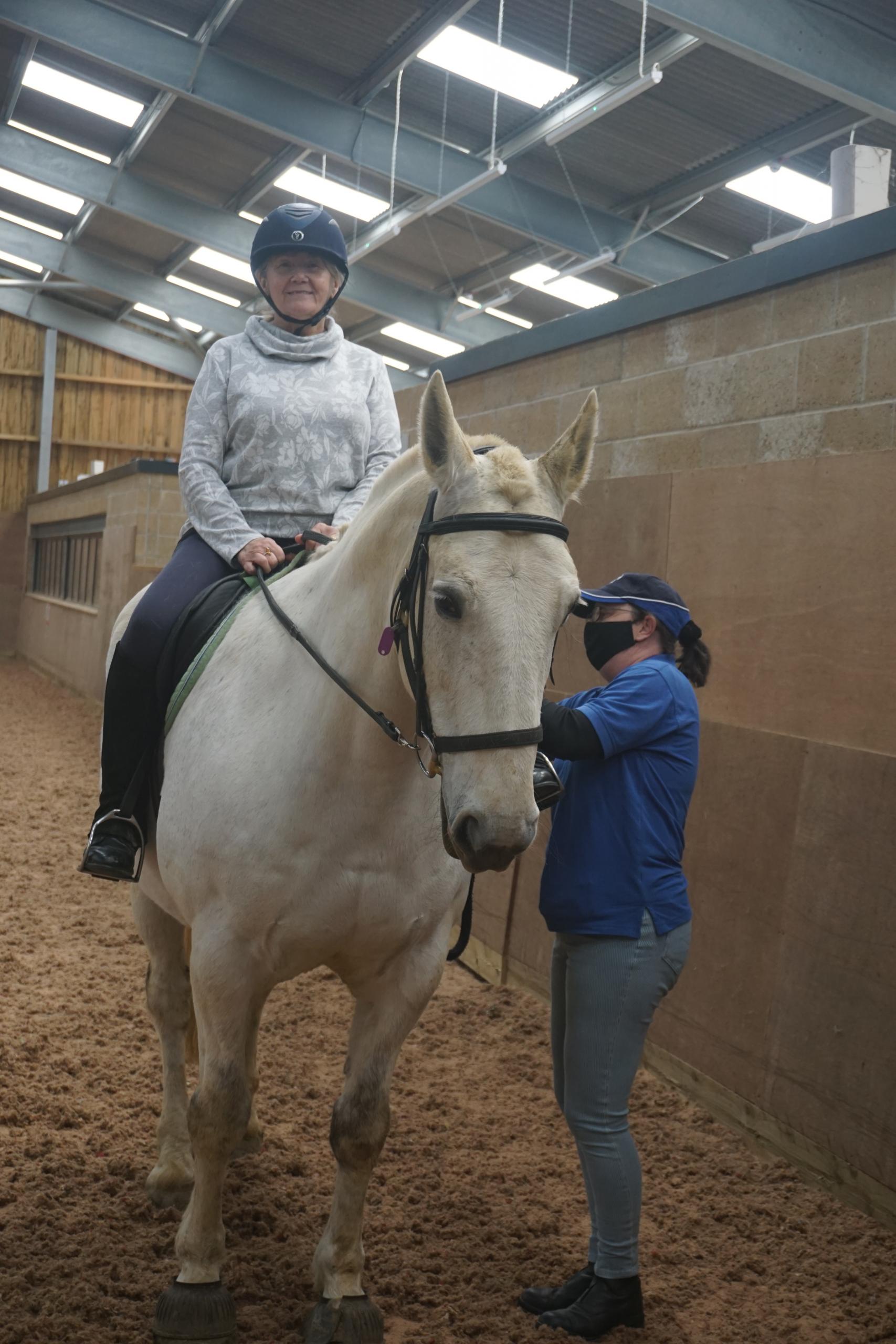
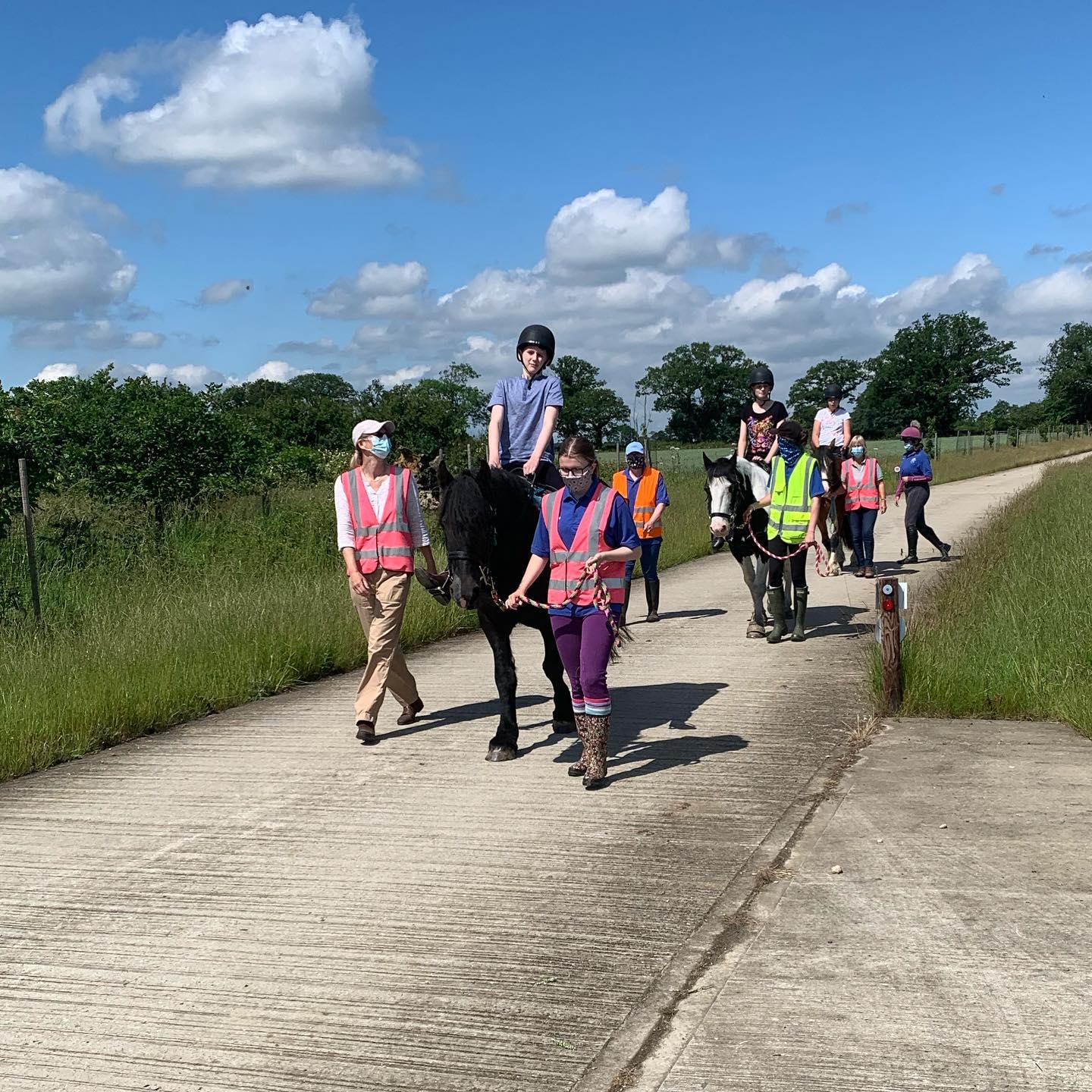
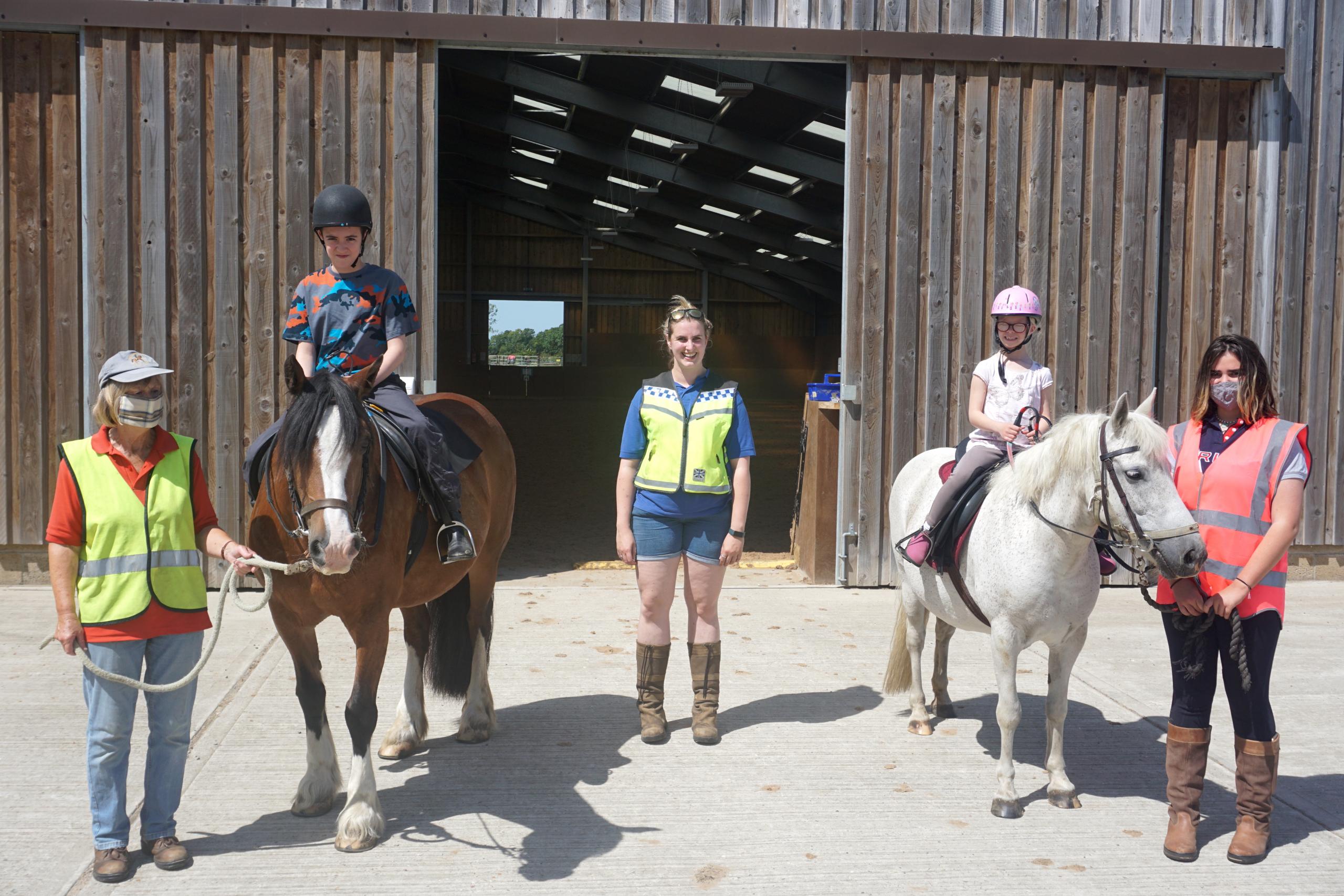
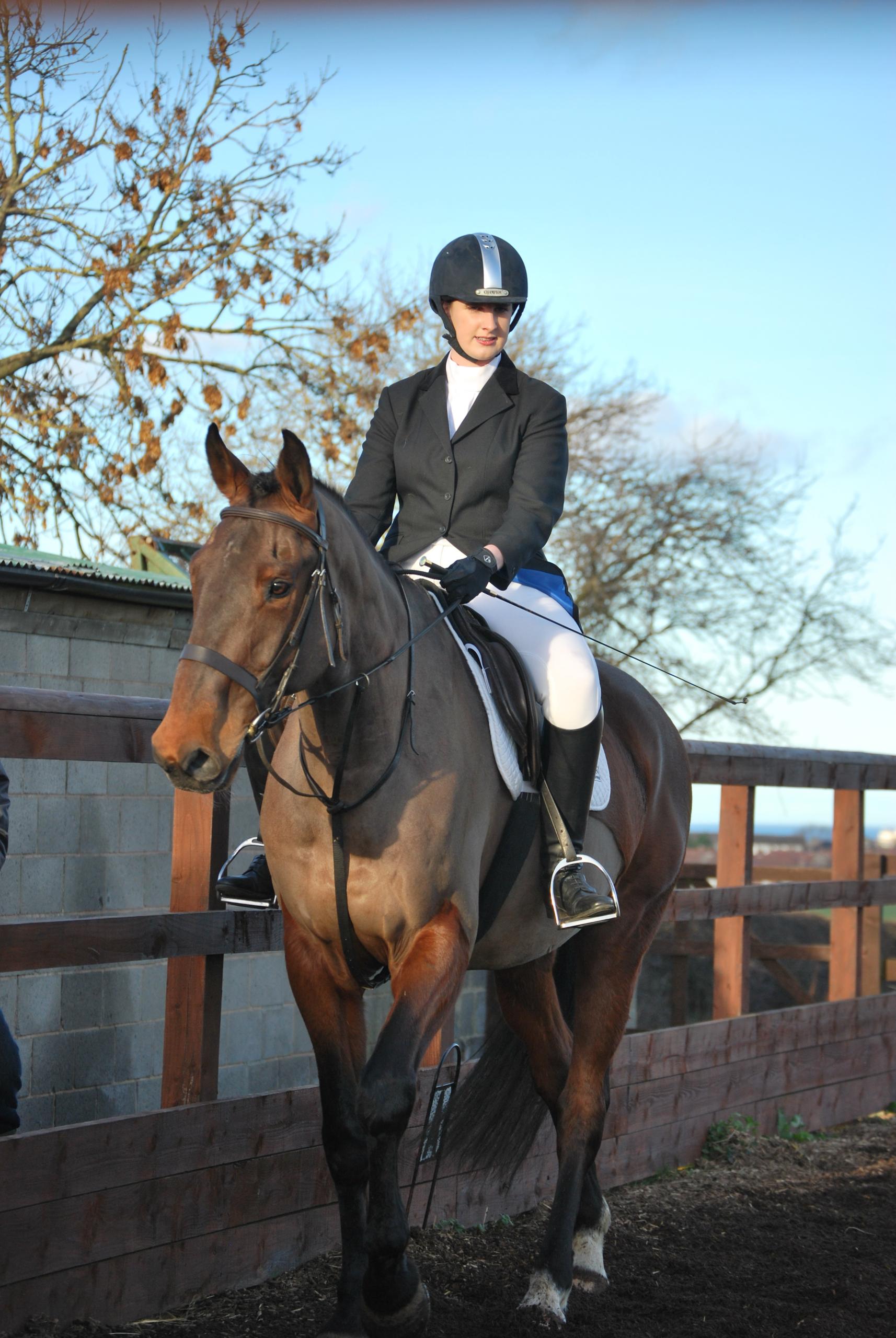

Leave a Reply
Please login or register to leave a comment.